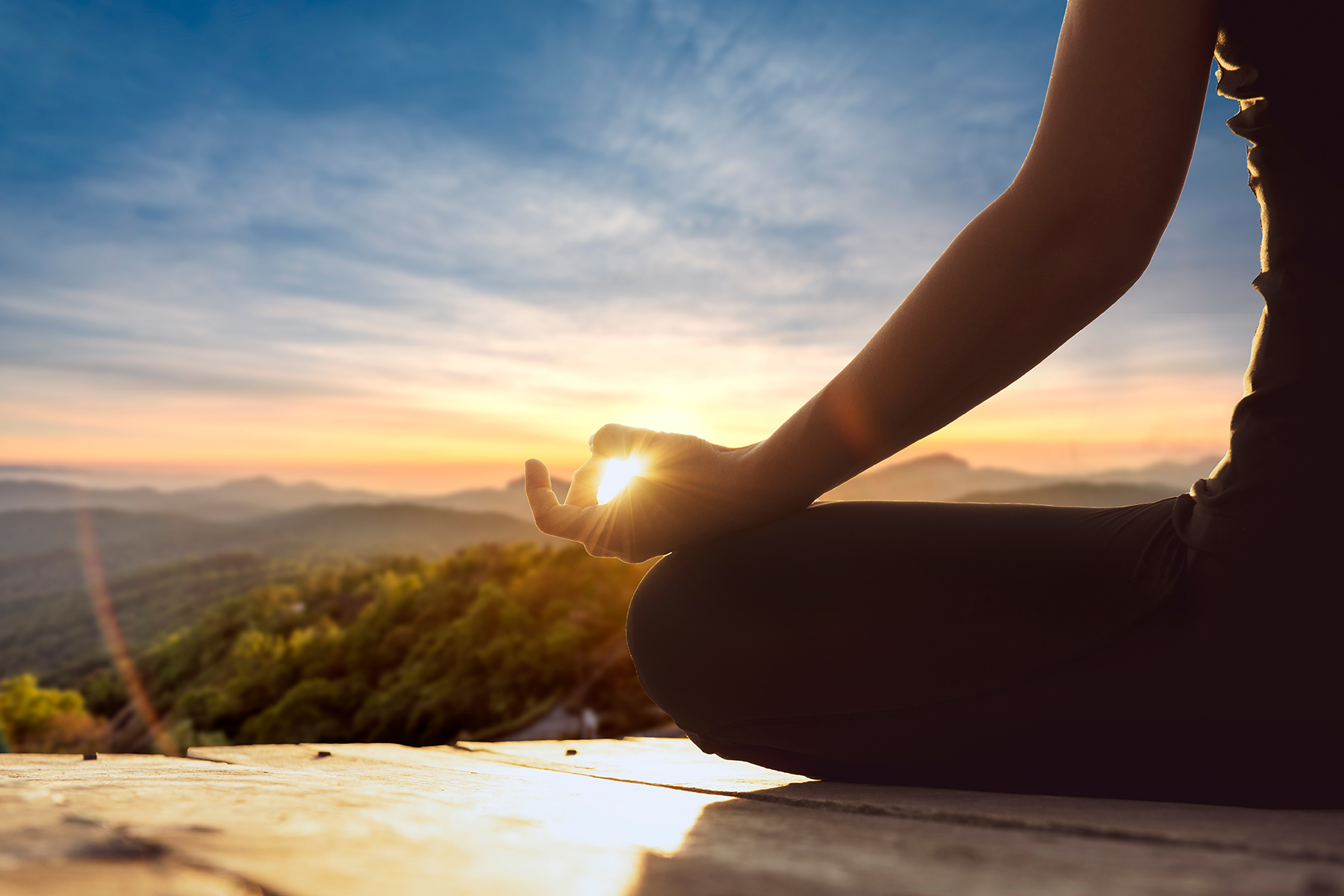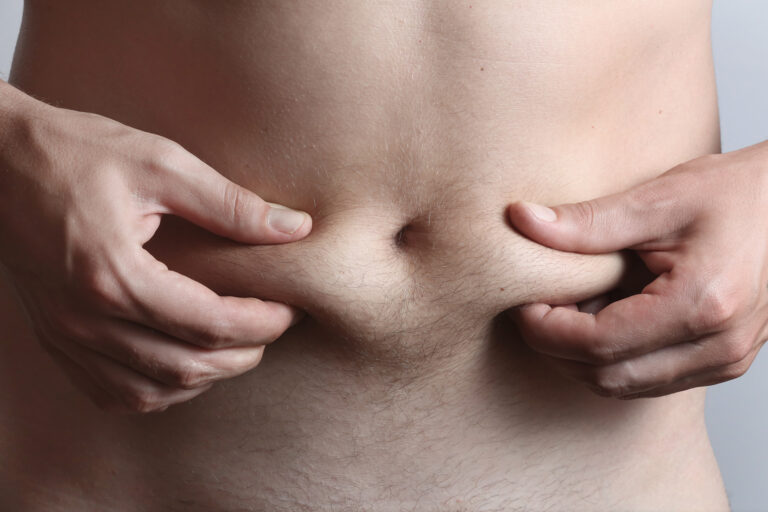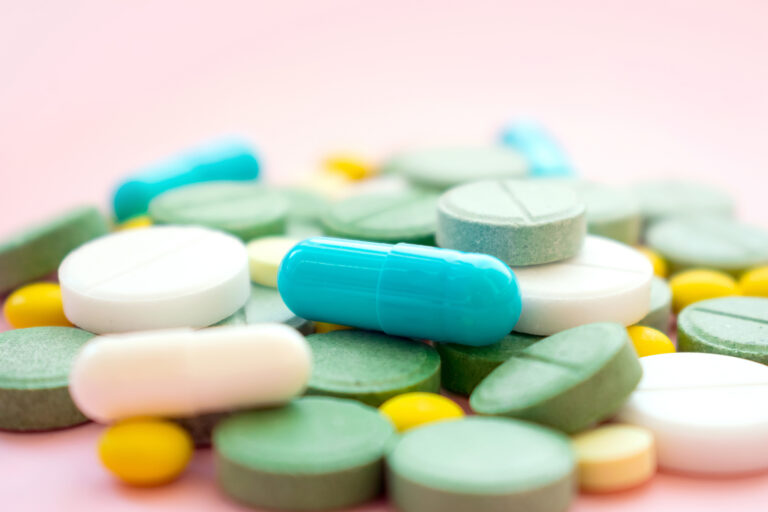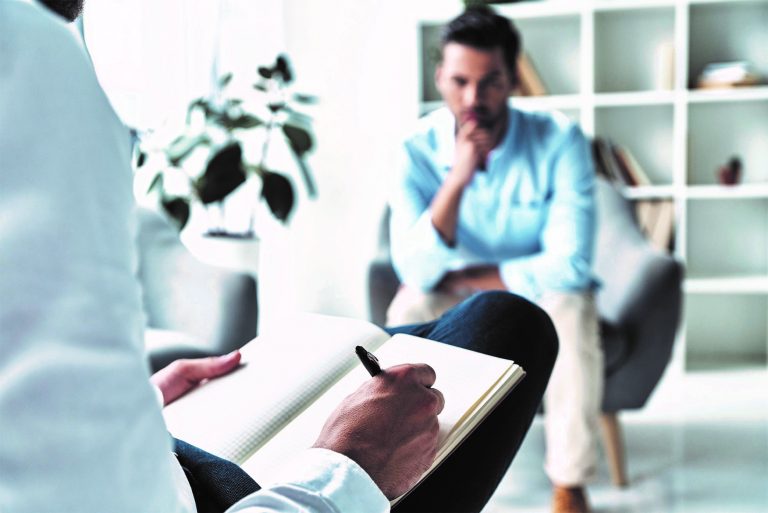Our private rehabilitation centre uses a wide range of treatment options to help our clients to recover from their addictions and lead a happy life free from drugs or alcohol. We understand that stopping taking drugs or drinking alcohol is a real challenge and that the stresses and worries that we may have tried to control by drinking or taking drugs don’t just go away because we’re not using. Stress management techniques and positive, grounding behaviours are essential to long-term recovery and yoga is an incredible tool in recovery. As well as reducing stress, promoting the feeling of wellbeing and strengthening the body, yoga is a wonderful way to use movement as self-care instead of punishment, and it helps with body awareness as well!
Let’s start with the basics by answering the question what is yoga?
There are a wide range of yoga styles and approaches, but what they all have in common is that they all involve both the mind and the body, and movement, meditation and breathing techniques. It is an ancient discipline which originated in India over 5,000 years ago to connect the mind, body and spirit and release blocked energy from our chakras. Regular yoga practice has been shown to promote endurance, strength, calmness, flexibility and well-being. You can find out more about how yoga works on MedicalNewsToday.
We’re lucky to have the wonderful yoga teacher Ana, helping our clients as part of our luxury addiction treatment programme. We caught up with her to find out about her background and experience, why yoga helps during recovery and got some tips on how we can use yoga at home to stay on the right path.
Introducing Ana from The Bridge
Ana is originally from Croatia, but has lived in England and Dubai before moving to Marbella. She has been teaching yoga for nine years and teaches Yin Yoga, Vinyasa flow, Therapeutic Yoga and Meditation. She now teaches bespoke yoga classes at The Bridge which are tailormade to the needs and the abilities of each client.
During the classes, Ana creates a safe space for the client to re-connect with their body, explore their feelings and shift unhealthy beliefs. A crucial part of all classes is learning how to use breathing as a tool to help with relaxation or to activate the body and mind.
How can yoga help with addiction?
There has been a growing movement in the addiction and recovery world to recognise the power of yoga to complement traditional addiction treatment such as the 12-step programme. There are yoga classes which combine meetings and exercises to suit recovering addicts and help them to deal with stress and continue with their sobriety.
“Yoga is a way of coping with stress at a fundamental level that changes both your stress response and your perception of it,” says Sat Bir Singh Khalsa, PhD, an assistant professor of medicine at Harvard Medical School who studies the psychophysiological mechanisms underlying yoga and meditation. “Yoga also leads to increased awareness of what feels good and what doesn’t. The more you tune in to this, the more likely you are to gravitate toward healthy behaviours and away from unhealthy ones.” Oprah.com
He adds in an article in yogajournal.com that “When people take substances, they’re seeking a certain experience, whether it’s escapist or transcendental or just wanting a different psychological state, to get away from whatever is making them unhappy. Yoga is an alternative, a positive way to generate a change in consciousness that, instead of providing an escape, empowers people with the ability to access a peaceful, restorative inner state that integrates mind, body, and spirit.”
Ana at The Bridge agrees that yoga is a powerful tool when trying to break the cycle of addiction. “I have found that yoga helps tremendously while in recovery. It helps with the circulation, energy levels, sleep, digestion, and it helps to stabilize the nervous system. Another significant aspect of addiction recovery is to develop self-confidence and self-reliance; the art of yoga encourages the individual to be present in the moment and focus on their current strengths.”
Yoga connects them with their body and significantly eases the withdrawal symptoms which can make recovery so hard. These include aches and pains, anxiety, depression and insomnia. Our clients at The Bridge enjoy their yoga classes and feel like they are taking a break from their recovery journey, whereas actually it’s a vital part of it. They leave the classes feeling relaxed and revitalised, grounded and centred and their body and mind thanks them for it.
Regular yoga practice, combined with the 12-step programme, therapy and food which nourishes our bodies and boosts our moods is an incredibly powerful combination. Being able to intensively concentrate building strength and resilience in our bodies and minds in so many different ways, is why a stay at our inpatient rehabilitation centre is so effective.
Once they are clean and sober, our therapists work with them to discover the root of the problem and face any trauma or issues that have contributed to the addiction. They undertake group and individual therapy sessions, as well as 12-step meetings and meanwhile, they are receiving nutritional rehabilitation and using yoga as a gentle, enriching body and mind exercise. It is great for increasing strength, flexibility and overcoming cravings, anxiety and negative thoughts.
What kind of yoga should you do if you’re in recovery?
“Remember to be kind to yourself and think of yoga as self-care not punishment” advises co-founder Ali Silver. “Addicts are often weak, malnourished and in pain, so there’s no need to do too much too soon. Simple, gentle movements for just a few minutes at a time is a good place to start.”
There are lots of free resources out there, with accessible and easy to do yoga classes which are suitable for total beginners. Try starting with something like this 10 minute practice to reduce stress if you’re feeling anxious, or after a stressful day at work.
Yoga Journal’s excellent article about yoga for addiction recovery ends with a simple sequence of movements and affirmations and you can see 10 yoga poses and practices to aid in addiction recovery from YogiApproved.com.
Even just a little every day is a positive change and can really make a difference, as Ana from The Bridge explains. “Most of us find it hard to motivate ourselves at home and make time for physical exercise or meditation. So, to create a new healthy pattern, dedicate 10-20 minutes a day to a simple breathing exercise and gentle movement to feel the body and reconnect with yourself. I recommend finishing your practice with a short meditation. All of it can be done in under 20 minutes a day to start the day mindful and create a routine and positive habits. The trick is:
- Think of it as a medicine
- Trust the process, it can only get better.
As the father of Ashtanga Yoga, Pattabhi Jois famously said, “Practice and all is coming”.”
To find out more about our approach to addiction treatment and our private rehabilitation centre please visit our website, or send us a WhatsApp, an email, or give us a call. We’re here to help you to stop taking drugs, stop drinking and start your new life free from addiction.




